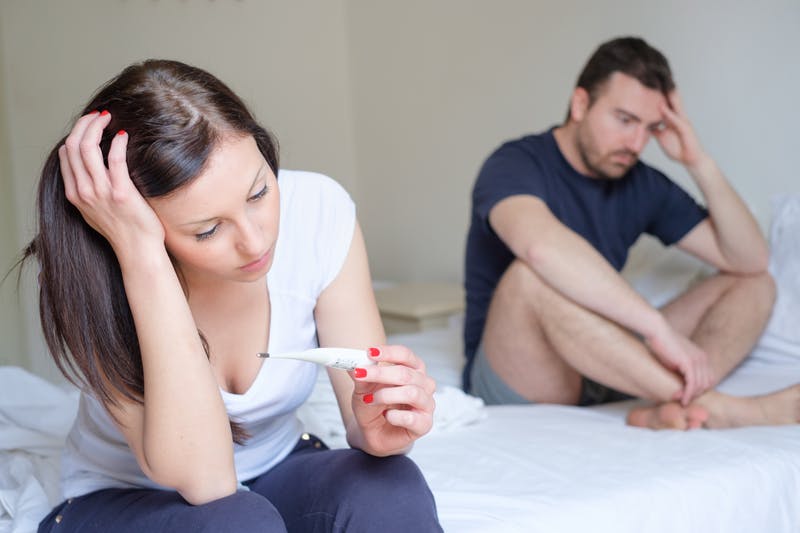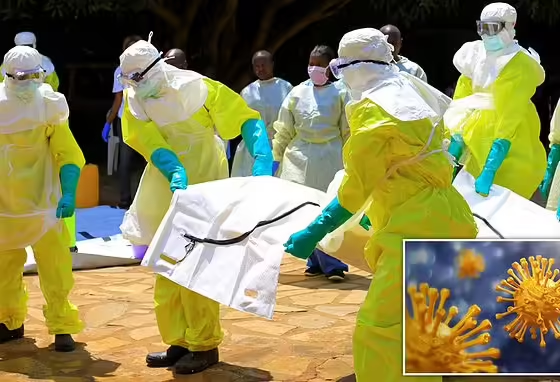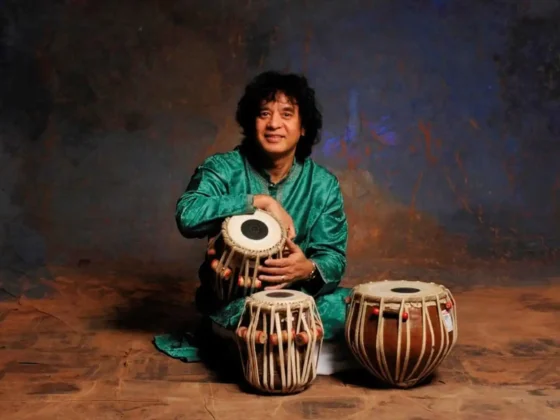According to the Indian Society of Assisted Reproduction (ISAR), infertility is the biggest public health concern in India which currently affects about 10 to 14 percent of the country’s population, with higher rates in urban areas where one in six couples is impacted. The infertility has given rise to social, psychological and economic disturbances among married couples. It also leads to social stigma for them as they childless women involved are barred from many religious and social ceremonies. They tend to face harassment too including domestic violence. The trouble forces them to take multiple sorts of treatments including religious quacks and in the process they get exploited physically and economically.
On the eve of International Women’s Day, Healthwire Journalist, Manzoor-ul-Hassan has interviewed Dr Nandita Palshetkar, Infertility Specialist and President of the Federation of Obstetrics and Gynecological Societies of India (FOGSI) to help answer some queries about infertility.
Q: How challenging is the problem of infertility in India?
Dr Palshetkar: About 10 to 15 percent married couples in India face infertility and a whopping 27.5 million couples who want to conceive suffer from infertility. It’s a condition that affects approximately one in every 6 couples in the country.
Q: What are different factors responsible for infertility among Indian females?
Dr Palshetkar: Ovulatory disorders due to Polycystic Ovary Syndrome (PCOS), aging, diminished ovarian reserve and some lifestyle and environmental factors are the main reasons of infertility in females. Other causes include thyroid disorder, disorders of hypothalamus, damage to the fallopian tubes or uterus due to pelvic inflammatory disease, a previous infection, polyps in the uterus, endometriosis or fibroids, scar tissue or adhesions, chronic medical illness, a previous ectopic (tubal) pregnancy, birth defect, DES syndrome, abnormal cervical mucus
Q: Can infertility be cured completely?
Dr Palshetkar: Depends on the cause of infertility, it can be cured sometimes but no one can guarantee it 100 percent.
Q: What precautions a young female should take to prevent infertility?
Dr Palshetkar: A person should avoid drugs and alcohol, try to plan children at the young age or there are options for fertility preservation, maintain a healthy weight, be safe in sexual lifestyle and avoid obesity
Q: How far psychological factors are responsible for it?
Dr Palshetkar: Psychological factors like stress, depression, anxiety play a very important role. This actually affects the performance level of the couple and creates anxiety in woman’s mind. The burden and pressure from the family, relatives and neighbours are other factors which adversely disturbs mind of a female, the home environment and relationship of the couple.
Q: How common is infertility in India. Kindly quote some relevant study or research?
Dr Palshetkar: Fertility in India is declining rapidly. India is second most populous nation with a population of 1.3 billion. According to the Indian Society of Assisted Reproduction (ISAR), infertility currently affects about 10 to 14 percent of the Indian population, with higher rates in urban areas where one out of six couples is impacted. Nearly 27.5 million couples actively trying to conceive suffer from infertility in India. It has been recorded in National Health Profile of 2018
Q: Many people believe that infertility is just a women’s problem. How far that is true?
Dr Palshetkar: That is not correct. Approximately 40 percent of infertile couples have female factor infertility and 40 percent male factor while in 20 percent a combination of both or infertility of unknown etiology is responsible. So it’s not only a female infertility. In fact when a couple comes we start investigations and treatment of both male and female
Q: What other things increases risk of infertility in women?
Dr Palshetkar: Pollution, stress, smoking, alcohol consumption, drugs.
Q: How does age impact the ability of women to conceive?
Dr Palshetkar: A woman is born with all the eggs she is going to have in her lifetime. Her eggs also age with her and decrease in quality and quantity. This is why age is the single most important factor affecting a woman’s fertility.
In her early age to mid-20s, a female has 25 to 30 percent chances of getting pregnant every month. Female fertility generally starts to decline when a woman is in her early 30s, and the decline speeds up after the age of 35. By age 40, the chance of getting pregnant in any monthly cycle is just five per cent.
Q: Does every woman who faces problem in conceiving needs treatment?
Dr Palshetkar: Not all women face infertility. It depends on various causes.
Q: What is the best treatment available in India for infertility?
Dr Palshetkar: Simple treatment like Intrauterine insemination (IUI), Intra Cytoplasmic Sperm Injection (ICSI) or IVF with the use of technologies like spindle check, Embryoscope, IMSI , Pre-Implantation Genetic Diagnosis (PGD) , Blastocyst Culture Assisted Laser Hatching, vitrification, egg donation and embryo donation ,
Q: How successful is the treatment?
Dr Palshetkar: It depends on various factors like age, quality of eggs and sperms and the quality of embryo formed. If we consider age, the success rate is around 50 to 60 percent in than individuals with less than 30 years of age, in 30 to 35 years the success rate is around 50 percent and in the age group 35 to 40 years, the success is around 40 percent. Above 40 years it’s usually around 20 percent.
###











